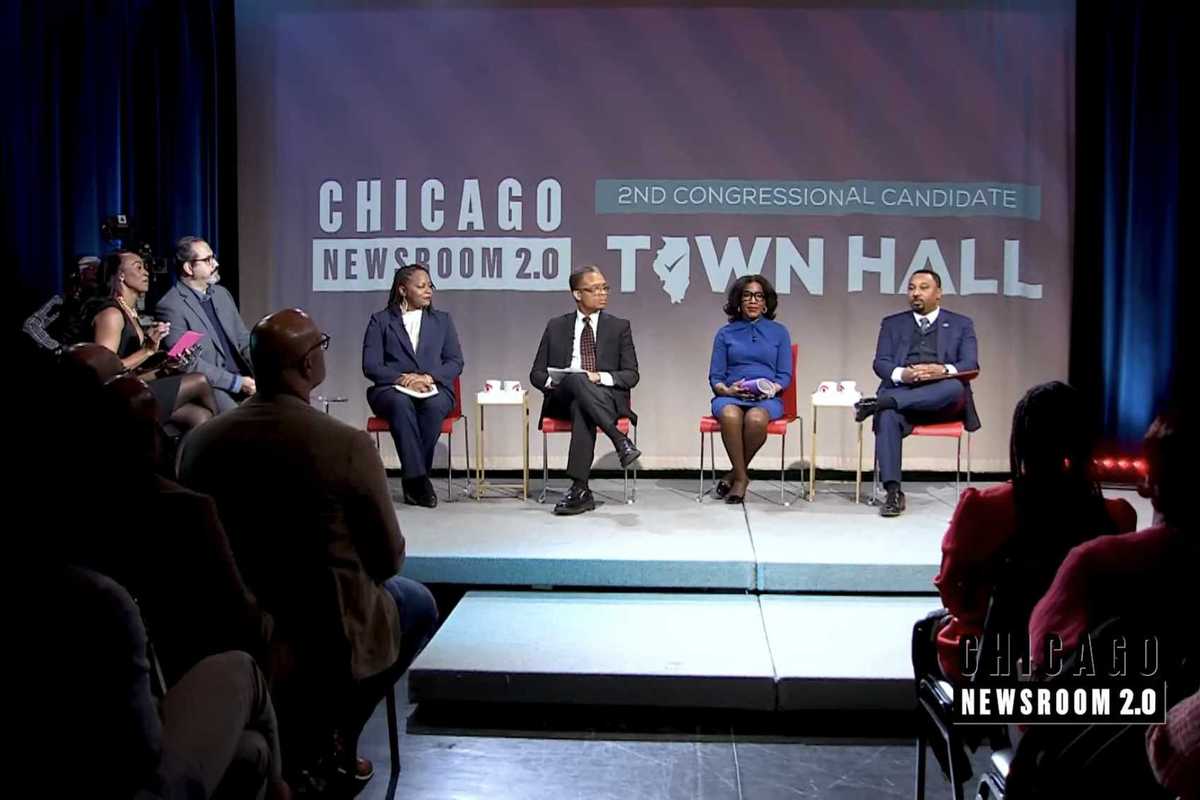The wall of official resistance to President Trump's defeat has started to crumble a bit.
A bipartisan collection of federal and state election officials, empaneled by the Trump administration itself, declared Thursday night that this year's election "was the most secure in American history." That statement flatly contradicts Trump's assertions, still being made without any credible evidence, that he's being robbed of a second term by vote fraud.
Earlier in the day, several prominent Republican voices urged the president to change course and accept his loss. They were as varied as Gov. Mike DeWine of Ohio, polling icon Karl Rove, the newspaper run by the family of megadonor Sheldon Adelson and the party's longest-serving senator, Chuck Grassley of Iowa.
By Friday afternoon, though, six full days had elapsed since election returns made clear that Joe Biden is president-elect — and Trump had neither said nor done anything to uphold one of the remaining unsullied and proud traditions of American democracy: Defeated incumbents right away recognize the will of the people, congratulate the winner and begin facilitating an orderly transfer of power.
News organizations well-sourced at the White House have been uniform in reporting the president is enraged about his defeat but has come to acknowledge it — and is looking to save face, by pursuing his disinformation campaign on Twitter and a weak and miasmic campaign of litigation, while not in any way signaling a refusal to yield power in 68 days.
As a result, those lamenting the stalled start of the transition, which has meant Biden is no longer receiving classified intelligence briefings, have focused their anger elsewhere: on fellow Republicans who have chosen to indulge the president's petulance, and thereby not anger his supporters, rather than insist at the final hour that their leader behave better.
"I'm more troubled by the fact that other Republican officials who clearly know better are going along with this, are humoring him in this fashion," former President Barack Obama said in a "60 Minutes" interview airing this weekend. "It is one more step in delegitimizing not just the incoming Biden administration, but democracy generally. And that's a dangerous path."
The most important break from that pattern came from a bipartisan council of officials that oversees the security of voting systems. Its statement was distributed by the Department of Homeland Security's Cybersecurity and Infrastructure Security Agency.
"There is no evidence that any voting system deleted or lost votes, changed votes, or was in any way compromised," the panel concluded. "While we know there are many unfounded claims and opportunities for misinformation about the process of our elections, we can assure you we have the utmost confidence in the security and integrity of our elections, and you should too."
The head of CISA, Christopher Krebs, has reportedly told his inner circle he expects Trump will soon fire him.
The panel noted that all the states with close results made paper a central medium of their election — so recounts or audits will be easy and reliable. Nationwide, and in large part because mail-in ballots are on course to account for a record-smashing 43 percent of all votes cast, nine in 10 votes had some form of paper backup.
While more and more important Republicans gave voice to the notion that Trump's conspiracy theorizing needed to end, the Associated Press reported Friday that more than two dozen CEOs of major U.S. corporations convened on an hour-long video conference three days after the election to discuss what they would do if Trump refuses to leave the White House.
Biden is ahead in the popular vote by more than 5 million and has now won states with 290 electoral votes, with Georgia and its 16 electoral votes too close to call but headed his way.
Many of Trump's challenges have been tossed out by judges for lack of evidence, some within hours of their filing.
Most recently, he falsely asserted Thursday that one brand of voting machine had systematically deleted 2.7 million votes.
Election law experts from across the political spectrum are virtually unanimous in the view that Trump has no legitimate case allowing him to stay president beyond Jan 20.
No credible evidence of fraud has been unearthed — and the number of votes involved in scattershot instances of irregularities, mysteries or actual cheating don't come close to significantly narrowing the margins, let alone affecting the outcome, in any state. So there will not be any politically or legally survivable rationale for Republican legislatures to say the results are so muddied they must step in and award their states' electoral votes to Trump.
The freshest example of the quixotic nature of Trump's effort: His team on Thursday hailed as a significant legal win an appellate court decision in Pennsylvania disallowing a small pool of mail ballots from people who had failed to provide required ID by Monday's deadline. But those ballots had not yet been tabulated or included in the state's results. Biden has now secured its decisive 20 electoral votes by a margin of more than 58,000 votes.
And on Friday, a federal appeals court in Philadelphia rejected an effort led by a GOP congressional candidate to throw out about 9,300 ballots that arrived after Election Day, which will get counted under an earlier court decision the Supreme Court may yet review.




















